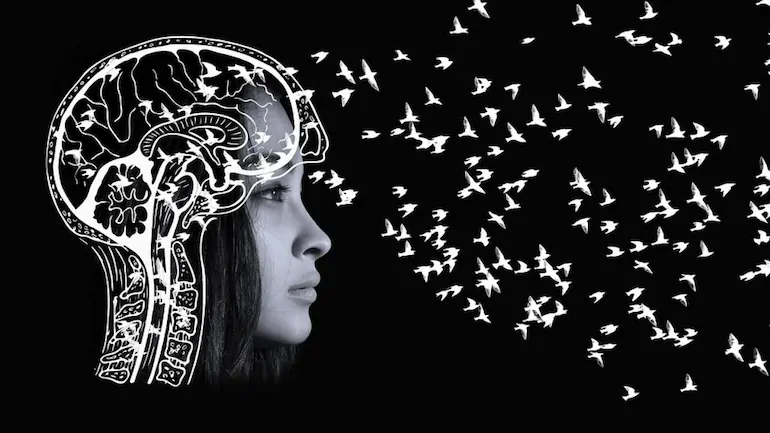With the fall and winter seasons approaching, the air is filled with not only holiday spirit but certain smells that bring us back in time. Out of all the five senses, (sight, sound, smell, touch, and taste), smell is most closely linked with memory. This phenomenon is known as the Proust Effect, named after French writer Marcel Proust who was the first person to realize the powerful triggers of memories that our senses—especially smell—can cause. This discovery came from his experience of eating a madeleine cookie as an adult, which “transported him back to his childhood.”
The way the other senses (not including smell) work is by sensory information being sent straight to the thalamus once the person sees, hears, touches, or tastes anything. The thalamus then sends this information to parts of the brain including the hippocampus and amygdala. The hippocampus is a brain structure embedded in the temporal lobe and plays a major role in learning and memory. However, the way smell works is different. Scents bypass the thalamus and go straight to the brain’s olfactory bulb which is directly connected to the amygdala and hippocampus which explains the immediate trigger of memories and even emotions. The reason these odor-linked memories can be so vivid is because scientists have discovered that memories could even be stored in parts of the olfactory bulb, the piriform cortex specifically.
There are many people who even report having extreme episodes of deja vu caused by a certain smell. This is not surprising considering the strong link between sense of smell and memories and deja vu being defined as a feeling of having already experienced a present situation. Phantosmia, also called olfactory hallucination, is another phenomenon related to the relationship of smell and the brain. It causes the person to smell odors that are not actually there and may be a sign of or lead to head injuries, upper respiratory infections, Parkinson’s disease, Covid-19, and most commonly seizures. These odors are usually unpleasant ones, such as chemical smells or metallic material, but are not limited to very pleasant smells. Our sense of smell not only provokes deep memories we may have forgotten, but can also save our lives by giving us warning signs of diseases or protecting us from eating bad food. So next time the smell of Christmas pine trees or gingerbread cookies makes you feel welcome and takes you back to your childhood, make sure to thank your sense of smell.
